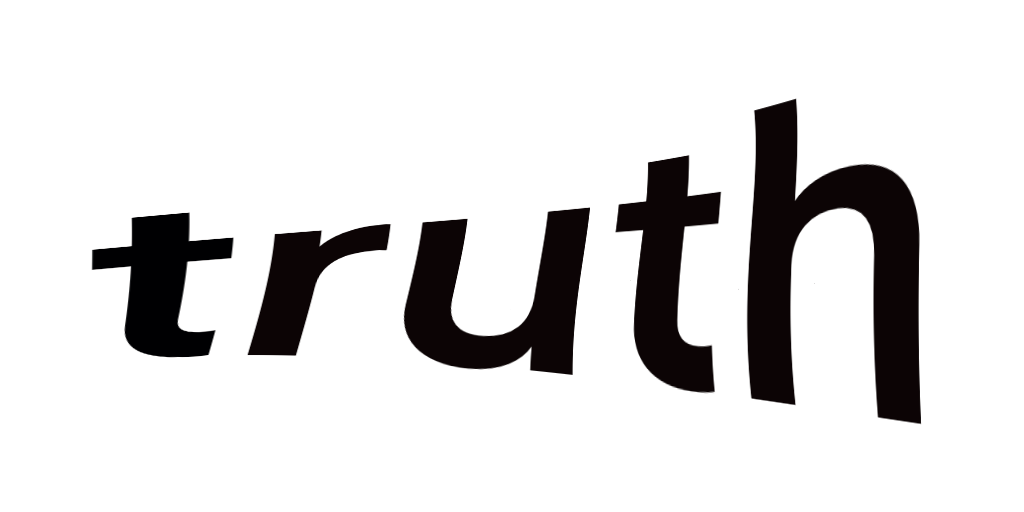Truth is such a simple concept. It’s key to our day-to-day lives. What we believe in is what makes us who we are. It binds us together.
But truth… truth is fragile. All it takes is one event, one moment and something that seemed so right, so unbreakable, so true… can crack. Our deepest beliefs can fray? What then happens to morality, ethics, right-and-wrong? What of society.
In our non-ideal world, from our limited human perspective of reality, it’s impossible for us to say anything is true. We are all fallible. Science provides us with the idea nothing as definite, everything has uncertainty. We can be confident in our belief, but even when we are 99.99% confident, we can be wrong.
Indecision sets in
When faced with this idea that you can be wrong, it can be easy to freeze up. How can you make the right decisions if you aren’t certain of the facts? But if we stop making decisions, then nothing can change, and everything grounds to a halt.
We have to continue making decisions based on the evidence that we have available, no matter how limited. Sometimes it is impossible to wait the time it takes for our confidence in a statement to change, and therefore we have to act to the best of our abilities.
If we are 50% confident that something is true, it can equally be false, but does this mean making a decision one way or another is wrong?
No – we have to weigh up the consequences of a decision. We have to work out the balance of risk and reward, and move forwards with a decision based on this. Sometimes it’s too risky, but sometimes the rewards outweigh those risks.
Conspiracies
Conspiracies are born in the cracks of popular perception. Small doubts and coincidences can easily create a movement.
Just because there is a possibility of something being true doesn’t mean that it is, but nor does it mean it isn’t. We should avoid acting on things we really don’t know, but maybe we should look at gathering evidence to take that small confidence in our hypothesis into something much larger or maybe this evidence will cause our whole view to change.
Evidence needs to hold up – word of mouth can be the worst kind of evidence, and coincidences do happen – correlation is not causation. What we don’t want to do is make a big decision, that could impact many lives, on something that we have low confidence in.
Everyone should be open to their beliefs and assumptions being questioned – this is the only way we can improve or modify our assumptions on reality. We can’t expect to know the answers, or be able to contemplate the truth and therefore sometimes we should consider other peoples beliefs with more weight then our own.
a thought experiment
Should we believe a majority of people who have an opinion on a topic? Let’s say 99 out of 100 people believe something but 1 thinks the opposite. Who is right here?
You may think to believe the 99, and without context this is a logical solution. But with context, its not so simple, maybe the 1 person has spent their whole life investigating this issue, whereas every one else is just making an educated guess.
Now you may think we should believe the 1. But even this is not a simple solution – we need to look at the merit of the 1 person – have they produced ‘reasonable’ results in the past? Are they regularly ‘right’? They could have spent their whole life investigating this issue but it still doesn’t mean they are right.
All this to say is truth is a fickle thing and we need to be more careful about which direction we sway. Don’t sway in the breeze just because others do.
